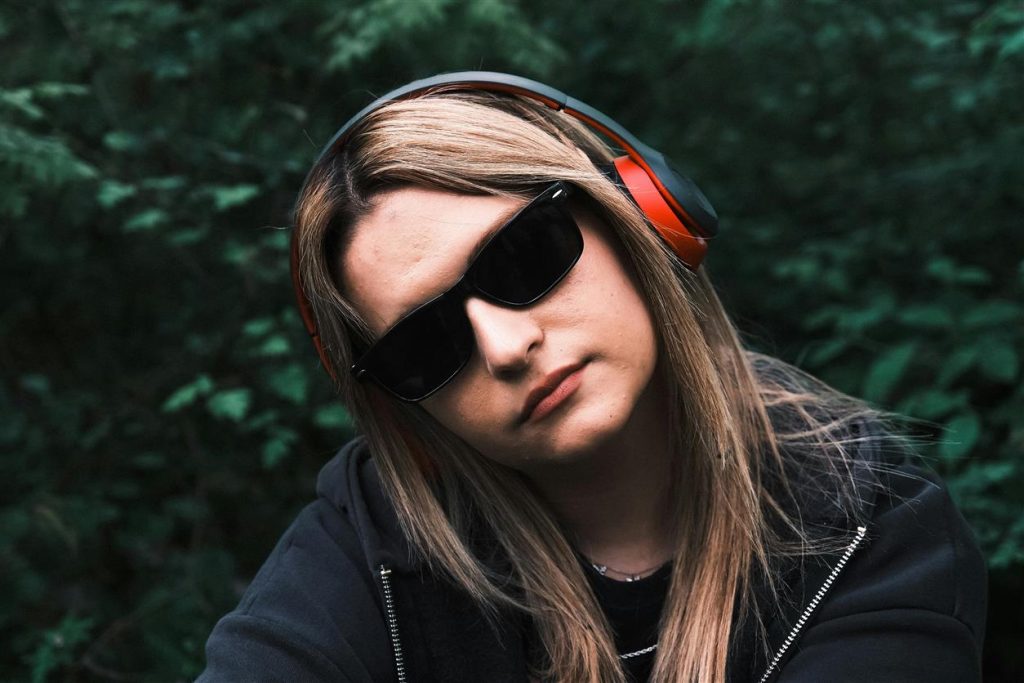
There was a time when calendars were packed weeks in advance, dinner reservations were a badge of honor, and weekends filled up faster than inboxes. “Let’s lock it in” was the rallying cry of a culture obsessed with making the most of every moment. But somewhere between burnout, over-scheduling, and the slow realization that being constantly booked didn’t always mean being genuinely fulfilled, something shifted.
Now, a growing number of people are embracing a very different rhythm—one that values breathing room over busyness. Welcome to the era of the non-plan.
The Art of Leaving Things Open
Non-planning doesn’t mean doing nothing. It means resisting the pressure to map every hour, RSVP to every invite, or jam-pack your social life with back-to-back commitments. It’s a quiet rebellion against the cultural obsession with optimization. Instead of chasing the next event, the next “can’t-miss” gathering, people are learning to leave their time a little undefined—on purpose.
It’s not laziness or disinterest. It’s intentional. The rise of non-plans is rooted in the idea that life happens best when there’s space for spontaneity, reflection, or simply rest. For some, it’s a boundary. For others, it’s a kind of freedom that had long been sidelined by the urge to not miss out.

From FOMO to JOMO
FOMO—Fear of Missing Out—was once the emotional engine of modern social life. It fueled check-ins, oversharing, and the exhausting need to always be where the action was. But in its place, a quieter acronym has emerged: JOMO, or the Joy of Missing Out.
JOMO isn’t about withdrawal or apathy. It’s about not needing external validation to enjoy yourself. It’s the decision to stay in on a Friday night because you want to, not because you weren’t invited. It’s realizing that peace and pleasure don’t always come from participation—they often come from pause.
Non-plans allow for JOMO to flourish. When your time isn’t accounted for before it even arrives, you’re more open to what the moment offers—be it a walk, a nap, a last-minute meetup, or just quiet.
The Pandemic’s Lasting Footprint
It’s impossible to talk about this cultural shift without mentioning the pandemic. The global pause rewired many people’s relationship with time and pressure. In those long months of lockdowns and cancellations, we were forced to live without plans. And while it was initially jarring, many found something restorative in that emptiness.
As the world reopened, some rushed back into the social current, calendars swelling again with events and expectations. But others returned more cautiously. They had tasted a slower pace—and they didn’t want to give it up.
What began as a necessity has evolved into a preference. It’s not about being anti-social; it’s about being more selective, more tuned-in to what actually feels good rather than what looks good on paper (or Instagram).
Social Pressure and the RSVP Dilemma
There’s a certain social courage required to prioritize flexibility. Our culture often equates being busy with being important. To say, “I’m keeping the weekend open,” or, “I’m not committing to anything right now,” can sound evasive or even rude. But more people are beginning to push back on that expectation.
Flaky? Maybe. But not always in the selfish way we once imagined. Sometimes, declining plans isn’t about avoiding others—it’s about preserving energy, protecting mental health, or allowing life to unfold more naturally. It’s about trusting that we don’t always need a fixed itinerary to feel connected or content.
Some are even taking it a step further, creating “opt-in” weekends with friends where no one is obligated to show up, but if the mood strikes, they might gather. It’s looser, but somehow, more authentic.
Flexibility as a Form of Control
Oddly enough, not planning can be a way to feel more in control. Instead of being at the mercy of a rigid schedule or social calendar, people are choosing to protect their flexibility. They want to wake up and assess how they feel—physically, emotionally, mentally—before deciding how to spend their time.
This approach also respects the unpredictable nature of modern life. With work expectations bleeding into off-hours, childcare challenges, and global uncertainty still lingering, non-plans offer breathing room. They let us respond, not just react.
Not Just Millennials Anymore
While younger generations often lead cultural shifts, the embrace of non-planning spans ages. Parents are pushing back against over-scheduled kids. Middle-aged professionals are realizing they don’t need to attend every networking event. Even retirees, once conditioned to fill their golden years with classes and cruises, are finding peace in less.
This movement isn’t rooted in age, but in mindset. It’s a reevaluation of what “making the most of life” really means—and whether constant doing is always the path to deeper living.
What We Gain When We Don’t Plan
There’s an old idea that meaning arises not from cramming life full, but from letting life unfold. Non-planning creates space—for creativity, for rest, for chance encounters. Some of the best memories aren’t built from detailed agendas, but from days that allowed for detours.
We also become better attuned to ourselves. When we’re not rushing to the next obligation, we can actually ask: What do I need today? What would feel good right now? Those are questions that busy lives rarely make time for.
And maybe that’s the real win here—not just fewer plans, but more presence.

Not Anti-Social. Just Anti-Overwhelmed.
It’s tempting to view this shift as anti-ambition or anti-social. But that would miss the point. The rise of non-plans isn’t about abandoning structure—it’s about resisting pressure. It’s about protecting time as a personal resource, not a public one. It’s about realizing that opting out doesn’t mean checking out.
So, next time someone says they don’t want to commit to anything yet, take it as a sign—not of disinterest, but of a deeper shift in how we’re all learning to live: with a little more room to breathe, a little less pressure to perform, and a new appreciation for the moments that unfold when we least expect them.



